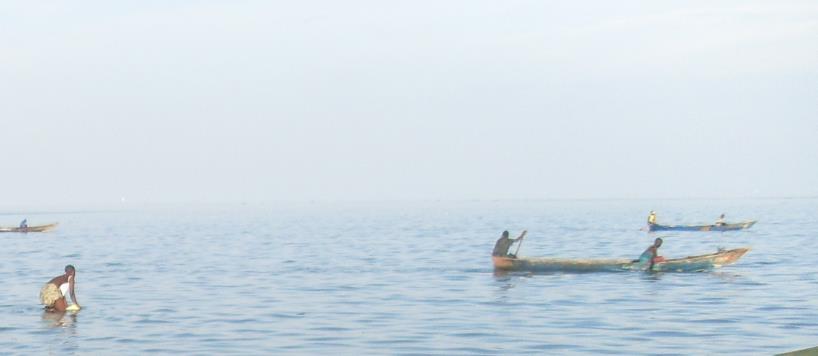
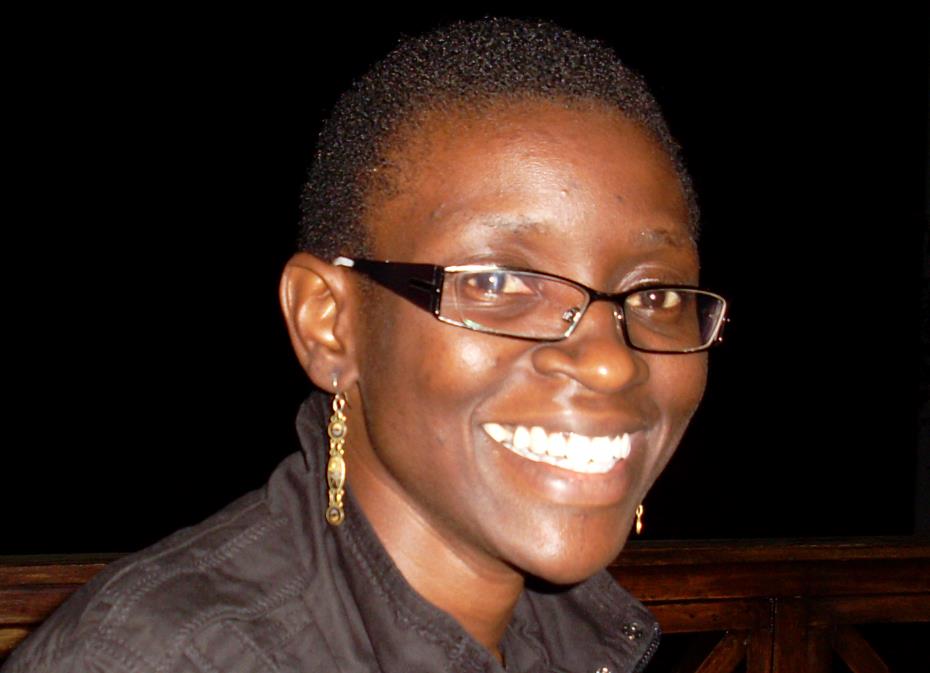
Christine Bukania
KM and communications specialist
Kenya/Djibouti


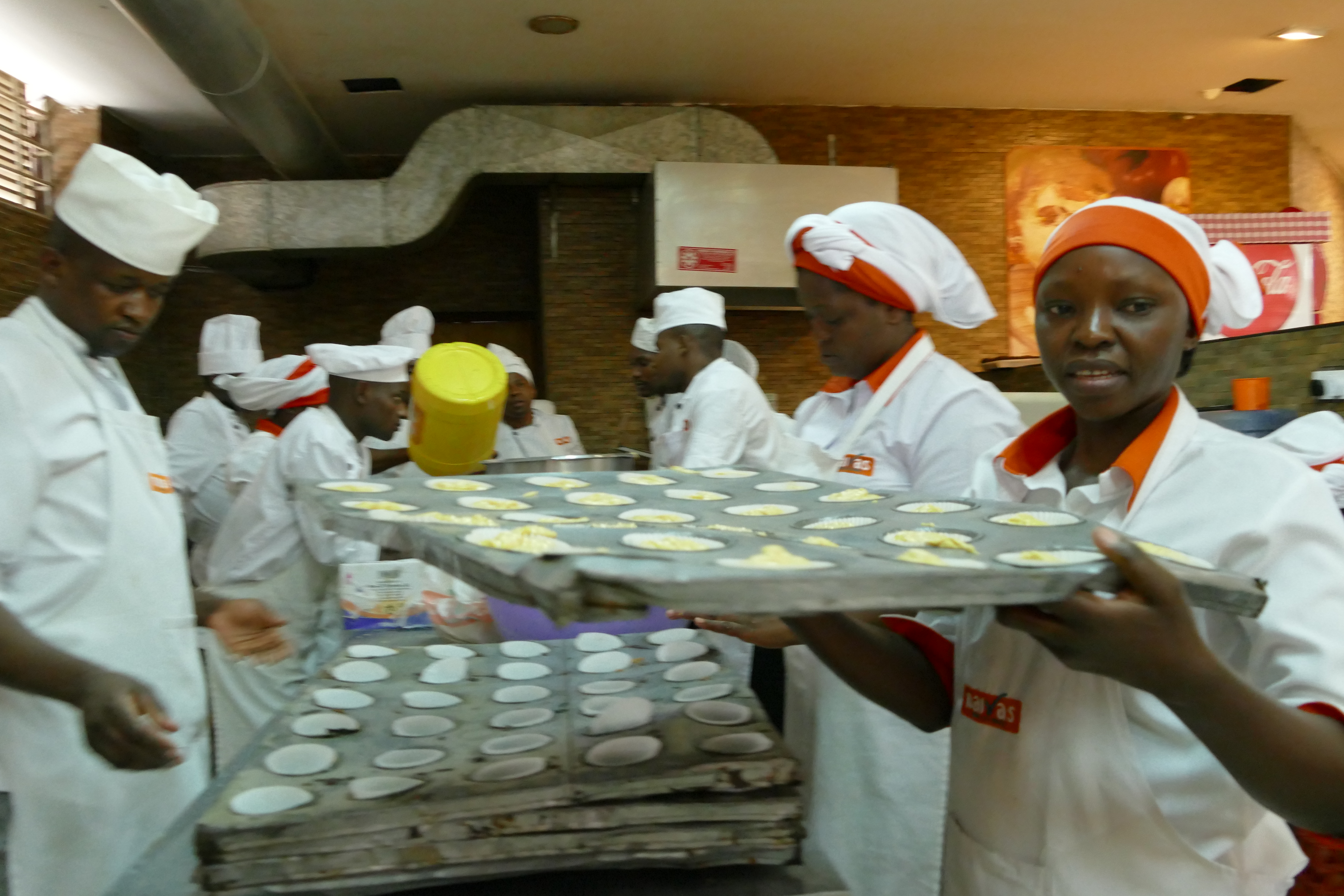
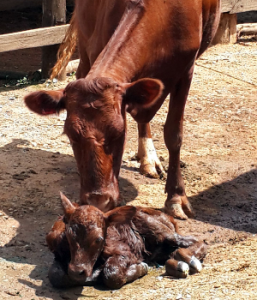
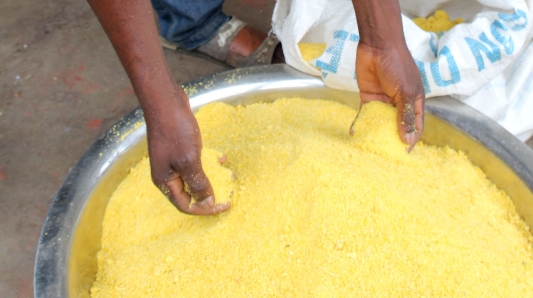
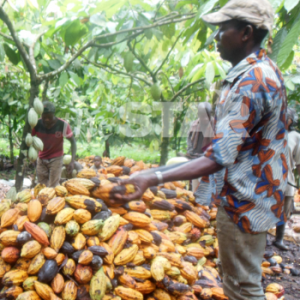

Currently working as Knowledge Management Coordinator for IGAD's Drought Disaster Resilience and Sustainability Initiative
Also: story teller, blogger, editor and many things in-between